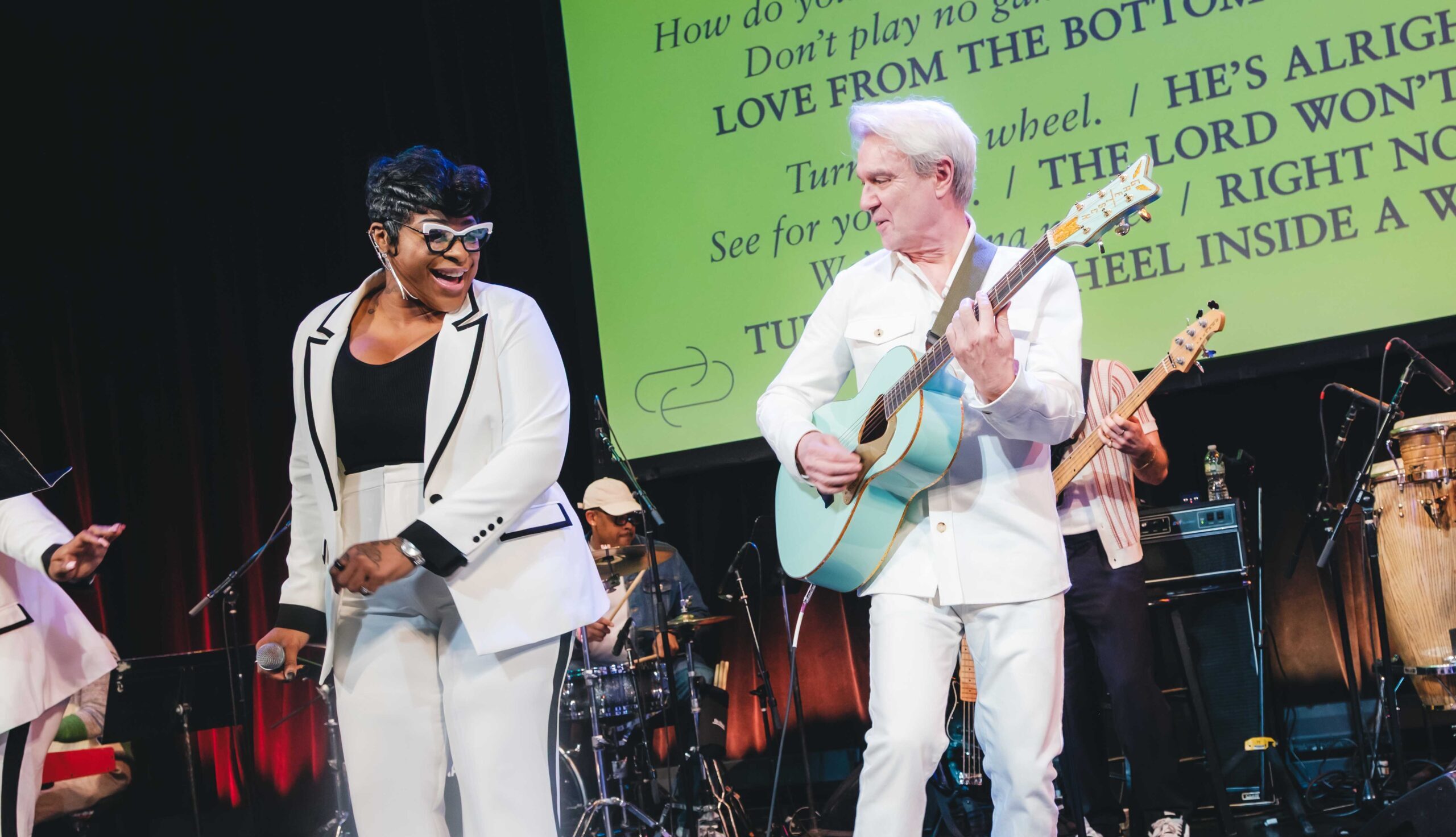Make way for freedges
If you’ve happened upon a working refrigerator filled with food on your city’s streets, your eyes weren’t deceiving you. “Freedges” are popping up on sidewalks, fully stocked. The idea began in Davis, California shortly after the pandemic began and has since spread to Los Angeles, New York, Nashville and other cities grappling with food insecurity.
The freedges are filled with produce, eggs and milk, all free for the taking, and are kept stocked by community organizers, though in many cases no particular organization is in charge of the effort. The need is great: demand at food banks surged by 60 percent since the pandemic began, and fans of the freedges say they’re spreading not just food, but hope and a sense of community.
As to whether the freedges are a real solution and not just a feel-good Band-Aid, one freedge contributor says she hopes they’ll eventually turn into a more formal system that outlasts the pandemic. “I will urge folks who are, you know, excited to offer a distribution model to really think about the sustainability of it,” she told NPR.
Caps clear the air
The Regional Greenhouse Gas Initiative is a boringly named coalition of U.S. states that Grist nevertheless calls “the coolest climate club on the east coast.” Its member states agree to cap emissions from power plants and tighten those caps over time. It’s been a success — by 2017, the RGGI had already reduced emissions 45 percent below 2005 levels.
Weighed down by negative news?
Our smart, bright, weekly newsletter is the uplift you’ve been looking for.A new study shows that the RGGI isn’t just making the planet healthier — it’s making people healthier, too. The researchers analyzed how the reductions in fine particulate matter were affecting young people’s health. They found that between 2009 and 2014, the RGGI prevented over 500 cases of childhood asthma, 112 preterm births and 98 cases of autism spectrum disorder. Because these conditions often require lifelong care, the long-term cost savings are significant — up to $350 million. The study builds on previous research from 2017 that found that the RGGI had prevented up to 830 premature deaths.
If the RGGI’s standards were applied across the country, the researchers say, the benefits would be enormous. Under President Trump, the Environmental Protection Agency had declined to tighten rules on fine particulate matter. But under incoming President Joe Biden, the E.P.A. is expected to recommit to clean air rules in a major way.
Carrying the water
The Swinomish tribe of Washington State has relied on the abundance of fish for centuries, not only for food, but for ceremonial practices and cultural continuity. Perhaps this is why, back in 2010, the Swinomish became one of the first Native American tribes to enact a climate action plan in an effort to save their fish. In the decade since, over 50 other tribes have followed their lead, implementing comprehensive strategies to fight climate change — often well ahead of their surrounding communities.

The Washington Post has the story of how the Swinomish blazed the trail. Elders who had managed the tribe’s fisheries for decades realized that stocks of salmon — a species central to the tribe’s diet and ceremonial rituals — were plummeting. In response, they enacted an aggressive, multi-pronged climate action strategy, launching widespread wetland restoration projects and collaborating with farmers to improve the area’s water quality. Now, they are also resurrecting ancient tribal practices that have taken on renewed ecological importance, such as rebuilding oyster reefs and designing America’s first clam garden.
“They’re doing really innovative climate adaptation,” said one scientist with the Climate Impacts Group at the University of Washington. “They were way ahead of the curve. And that really shouldn’t be surprising, because the tribes have shown tremendous leadership in climate adaptation and mitigation.”










